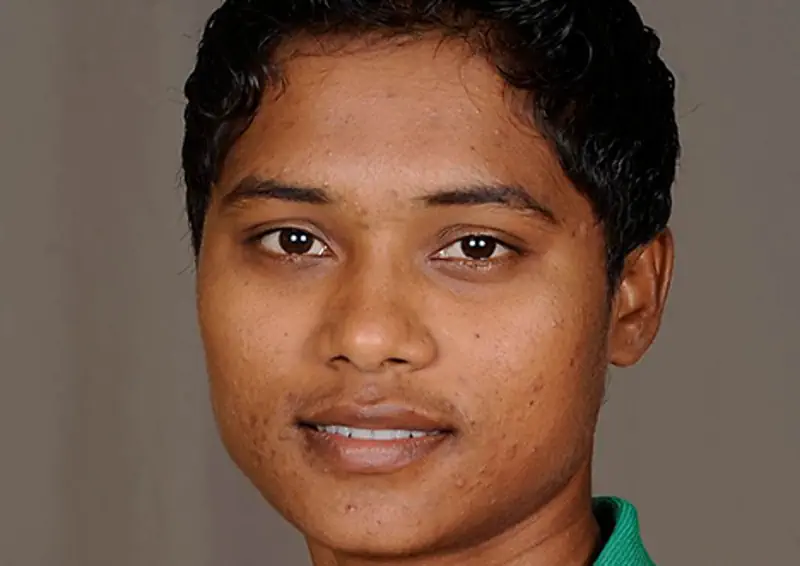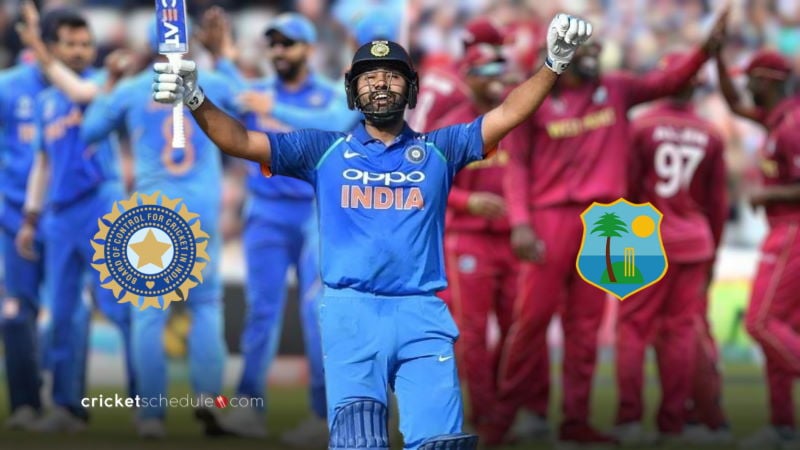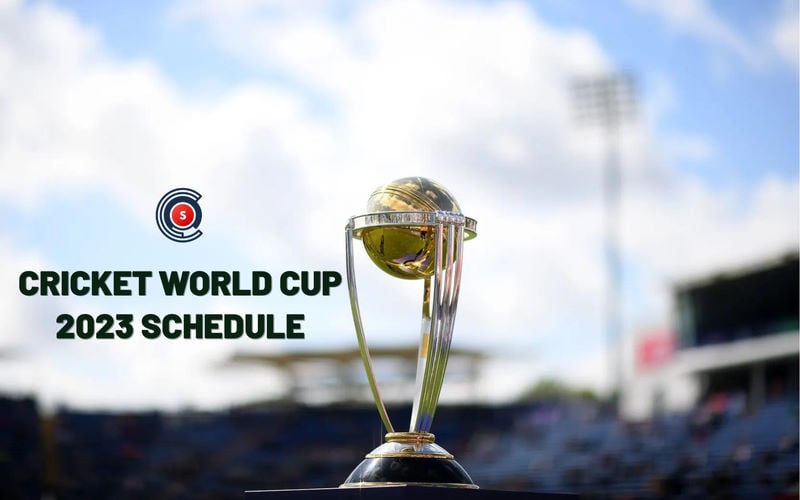
The International Cricket Council (ICC) has imposed a five-year ban on Bangladesh offspinner Shohaly Akhter after she admitted to breaching multiple provisions of the ICC Anti-Corruption Code. The decision, announced on Tuesday, effectively bars her from all forms of cricket until 2029.
Shohaly Akhter was found guilty of attempting to fix matches, offering bribes, and obstructing an investigation conducted by the ICC’s Anti-Corruption Unit (ACU). The charges stem from corrupt approaches made during the ICC Women’s T20 World Cup 2023, held in South Africa.
ALSO READ
According to the ICC, the investigation focused on an incident on February 14, 2023, before Bangladesh’s match against Australia in the tournament. Shohaly reportedly contacted a teammate via Facebook Messenger, sending voice notes in which she attempted to persuade the player—referred to as [PLAYER A]—to participate in future match-fixing activities.
The approached player refused the offer and immediately reported the incident to the ACU. She also provided copies of the incriminating voice notes before Shohaly deleted them. This evidence played a crucial role in the ICC’s findings.
Violations of the ICC Anti-Corruption Code
Shohaly admitted to breaching five key provisions of the ICC Anti-Corruption Code:
- Article 2.1.1: Engaging in match-fixing or influencing the result, progress, or conduct of an international match, including deliberately underperforming.
- Article 2.1.3: Seeking, offering, or accepting bribes or rewards to fix matches or influence their outcome for betting or other corrupt purposes.
- Article 2.1.4: Encouraging or facilitating another player to engage in corrupt activities.
- Article 2.4.4: Failing to report any corrupt approaches or invitations to the ACU without unnecessary delay.
- Article 2.4.7: Obstructing or delaying an ACU investigation by concealing, tampering with, or destroying relevant evidence.
Shohaly Akhter has represented Bangladesh in 13 Women’s T20 Internationals and two One-Day Internationals. However, her career now faces an abrupt halt due to the lengthy suspension.
This ban serves as another strong warning from the ICC against corruption in cricket, reinforcing the governing body’s zero-tolerance policy towards any attempts to manipulate matches. The ICC has repeatedly emphasized that players must report any suspicious activity and cooperate fully with anti-corruption investigations to maintain the integrity of the game.

 T20 World Cup
T20 World Cup






